Do you sell unwanted items online? Is your creative interest bringing in a top-up income?
The ease of online trading has been with us for several years now, and with apps like eBay, Vinted and Etsy, it has never been easier to turn unwanted items into cash.
Add to the above Airbnb letting, renting out your driveway for parking, or food delivery, and you can see why from 1 January 2024 the reporting of online transactions by digital platforms to HMRC has been extended.
This move is due to the UK signing up to the international body, the Organisation for Economic Cooperation and Development (OECD), as part of a global effort to clamp down on tax dodgers. It means that information will be shared between countries that have signed up to the OECD tax rules, and HMRC’s reach will now be beyond the existing reporting from UK-based online operators.
Many traders understand the need to declare this extra income through a tax return, but HMRC will now be able to clamp down on those who are not. In effect, sellers on digital platforms will now be treated more like traditional businesses.
What do I need to do?
– Online sellers already paying tax should continue with their present approach
– There is a £1,000 tax-free allowance for individuals for money made through property
– There is also a £1,000 allowance for ‘trading’ income for minimal extra income from selling second-hand items, gardening or tutoring
– People earning below those thresholds should keep records in case they are asked for them.
If you think you are now falling into the bracket of having an extra taxable income please contact our tax team for advice.
